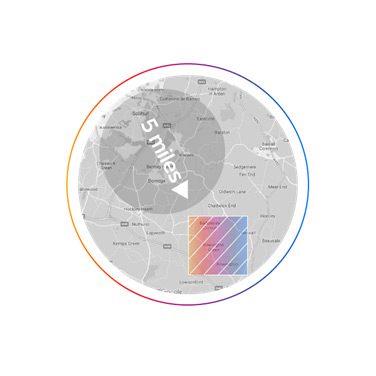22-03-2024, 10:57 PM
(21-03-2024, 10:55 AM)Stooky Bill Wrote: It's the same with some podcasts, even those that aren't from a big UK producer. I think they're done by aCast, there's a distinctive 2 note jingle before and after the breaks. I remember hearing adverts for a University near me on the American podcast Skeptoid. The clever thing is it seems to do it even if it is downloaded, the ad is inserted into the file on the fly
Global use it a lot for podcasts in Global Player and via third party apps. I was listening to one at work and got ads for TfL despite not being in London as the company Internet connection is there. Rewound the podcast and listened via 4G and advert for a local car showroom. It's all very clever stuff
It's all done by IP Geolocation detection, it looks up the IP range in a database (GeoIP for example) to see what internet provider has that IP block and the location of where that ISP has assigned it to, however the database has to be updated on a regular basis to maintain its accuracy.
I had to code something similar on the website for the company I work for, as we have clients in different countries, and therefore different pricing.
As for Sky AdSmart, I've noticed it on both Challenge and Discovery (I have Virgin Media), on Discovery it is more noticeable as the DOG disappears when an AdSmart advert appears. I live in the West Midlands and I've seen local adverts for the Telford Centre, University of Wolverhampton, and a local Volvo dealership. It's called "Addressable TV Advertising", a newish type of TV advertising that uses demographics, customer behavior, and geographical location data.
www.adsmartfromsky.co.uk
I listen to The Media Podcast with Matt Deegan, which is hosted by ACast and noticed the ad jingle on there too.


![[-]](https://pres.cafe/images//collapse.png)
![[Image: BB50.png]](https://up.metropol247.co.uk/Blewatter/BB50.png)